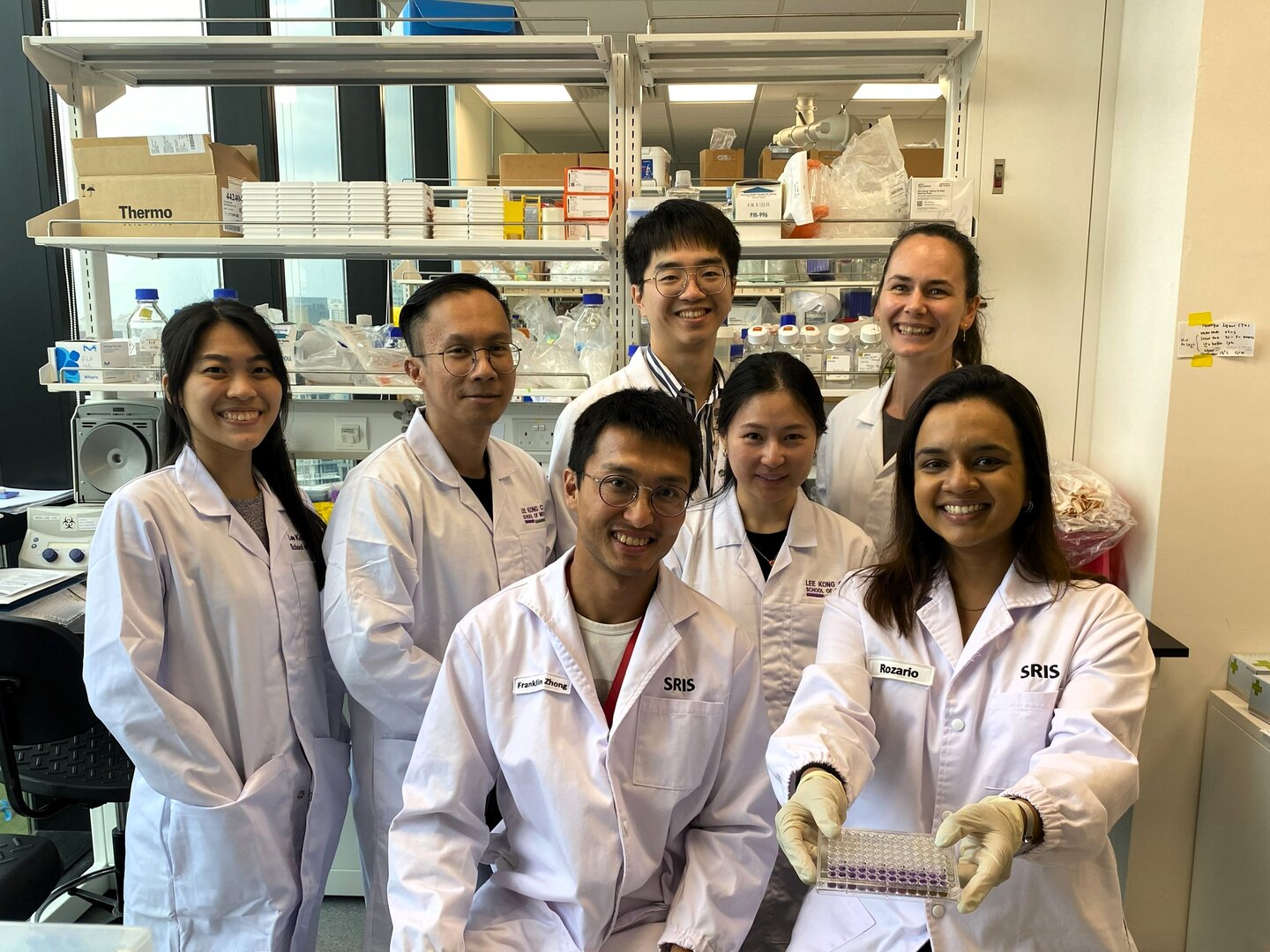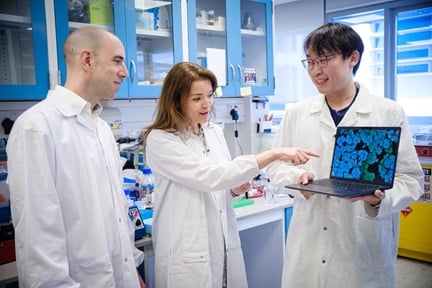Discovering how our immune response to bacteria is ‘hurting’ us

Researchers co-led by NTU Singapore’s Lee Kong Chian School of Medicine and the University of Toulouse, France, have uncovered how bacteria and their toxins prompt the human immune response, leading to inflammation.
Inflammation plays a crucial role in fighting infections and healing injuries, but when it is persistent, it can also contribute to adverse side effects in chronic diseases such as heart disease and diabetes.
Inflammation can also trigger autoimmune disorders such as lupus, when the immune system mistakenly attacks the body's tissues, causing widespread inflammation and damage to organs like the joints, skin, brain, lungs, kidneys, and blood vessels.
Writing in the Proceedings of the National Academy of Sciences (PNAS), the researchers report a direct link between the molecules that move ions in and out of cells, known as ionophores, the consequent change of the salt content within human cells, and inflammation.
In the study, the researchers found that when the level of potassium ions within cells falls below a certain level, the cells kickstart an immune response and release strong pro-inflammatory molecules, such as those which can lead to the sensation of pain and fever and contribute to the tissue damage caused by infections.
Past research has shown that a human gene known as NLRP3 is essential to control this process in the blood. Now, the NTU Singapore and University of Toulouse study demonstrates for the first time that this process is controlled by a pair of genes known as NLRP1 and ZAKα in human organs such as the skin, lungs, and nose.






